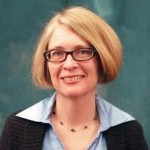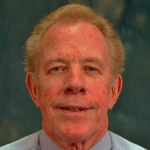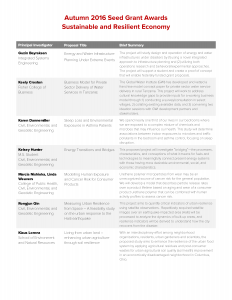Poised to Adapt: Enacting resilience potential through design, governance and organization
In a world of changing pressures, relationships, interdependencies, and possibilities, past performance and safety records, however successful, need to be adapted and new approaches innovated. A key is the ability to continuously anticipate and adapt to keep pace with change. But what does it mean for teams and organizations to be poised to adapt as tempos of change vary?
The program for the 7th Symposium of the Resilience Engineering Association will engage participants in an energetic exploration of what it means to be poised to adapt in a turbulent world and how to resolve the conflict between adapting to be resilient versus the pressures for compliance with standards.
Today’s organizations focus on ensuring compliance to a model of success embodied in plans, procedures, quality indicators, and automation. The assumption is that the model of success already accounts for uncertainties and minimizes the unexpected. This assumption fails in our interconnected and turbulent world. Compliance oriented systems are very brittle when facing unexpected events and changes. They experience surprising, sudden collapses in performance, such as dramatic service outages, occur regularly despite a backdrop of improving scores on indicators. Instead of `trying to eradicate the unexpected, today’s organizations need to anticipate and prepare for unexpected challenges and opportunities — in other words, they need to be poised to adapt in a world where surprising challenges and innovative opportunities are normal. We suspect that being resilient and ensuring compliance are two forces in conflict in today’s world. So, how do we balance these pressures, when the pace of change accelerates, the scale of activities jump, and the complexity of interdependencies overwhelms analysis?
The symposium will be held at the Crown Plaza Hotel in Liège, Belgium, from the 26th to the 29th of June 2017, hosted by Université de Liège. The discussions will take place in a city where marks of challenge, surprise, collapse, and regeneration are visible from a dramatic history of industrial changes. Yet from this experience the people of the city offer wonderful hospitality (and excellent craft beers).
Let us take up the challenge of the Symposium theme, spark syntheses across diverse disciplines, and stimulate innovative practical approaches that address the societal need for resilience. Directions for submitting your proposals are available at the Symposium website: http://www.rea-symposium.org/



